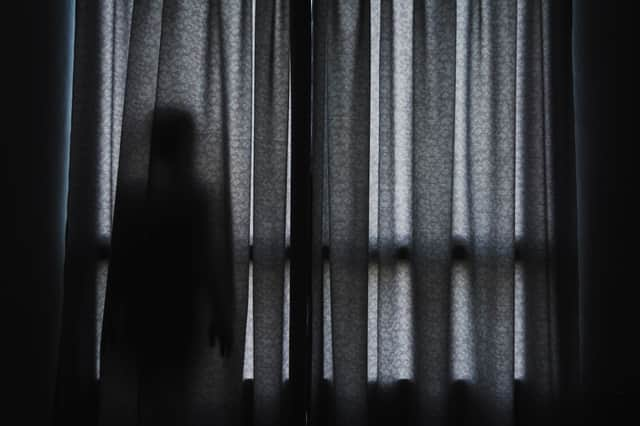What happens to victims of modern slavery?


By Isabella Cipirska
Exploited, traumatised, living in fear. The moment a modern slavery victim’s situation is exposed should be the moment their journey to recovery begins.
But what happens next is far from a simple story.
Slipping through the net
Police carrying out a raid, or any other designated ‘first responders’ who come across suspected modern slavery victims, are supposed to refer them to the National Referral Mechanism (NRM) - the UK’s framework for identifying victims and ensuring they receive support.
Advertisement
Hide AdAdvertisement
Hide AdHowever, figures obtained by the organisation After Exploitation found that one in five of the 4,355 people identified as potential trafficking victims during a four-month period in 2019 were not referred to the NRM.
Adults can only be referred with their consent - and there are several reasons victims may be reluctant, according to Maya Esslemont, director of After Exploitation.
First responders could include police officers, immigration officers or Border Force staff - often the very people victims have been encouraged by their traffickers to fear most. Victims, particularly those with insecure immigration status, may have been told they will be deported and treated like criminals, she said.
“It’s highly unlikely that you will be as comfortable working with a police officer, compared to if you were in a safe space, accessing legal support,” Ms Esslemont said. “You would be far more likely to feel protected.”
Advertisement
Hide AdAdvertisement
Hide AdThe figures show major discrepancies between the referral rates for different first responders. Half of the potential victims identified by UK Border Force staff were not referred to the NRM, while police officers did not refer one in four potential victims (27%) - showing victims may be “slipping through the net”.
The Home Office said these figures were “not a fair representation of referrals to the NRM” given that adults have to consent.
Last year, the Government promised to provide ‘places of safety’ - a new service providing vulnerable victims rescued from exploitation with a safe space, where they can remain for up to three days while they consider whether to enter the NRM.
But Ms Esslemont stressed that unless this includes access to legal advice, it would “basically be meaningless”. Victims need to feel comfortable sharing their story, without fear of being deported or detained, she said, in order to “genuinely have a choice of considering referral”.
Advertisement
Hide AdAdvertisement
Hide Ad‘A complete lottery’ of support
Once someone is referred to the NRM, the Home Office will decide whether they are indeed a modern slavery victim through a two-stage process.
An initial ‘reasonable grounds’ decision is supposed to be made within five days and, if positive, a victim is granted a minimum 45-day period of support while a final decision is made.
This is supposed to include safe accommodation and access to specialist services - but this support does not always materialise.
A report by the charity Hibiscus found a significant number of women were being housed in asylum accommodation - which was ‘unsuitable’, ‘unsafe’ and putting them at risk of ‘re-traumatisation, re-exploitation and re-trafficking’, the charity said.
Advertisement
Hide AdAdvertisement
Hide Ad